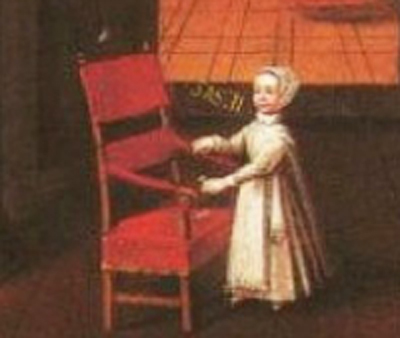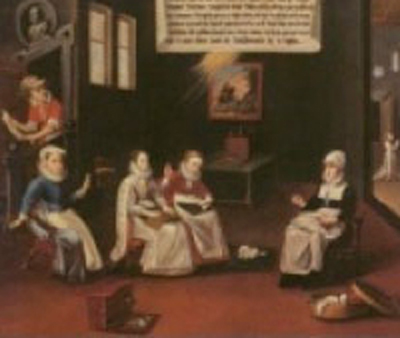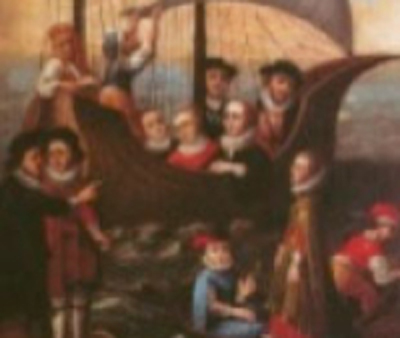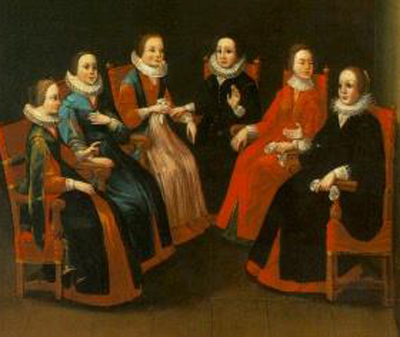Mary Ward tradition
The Mary Ward tradition of excellence in women’s education began in 1609 when Mary Ward founded a religious order (the Institute of the Blessed Virgin Mary IBVM) and opened her first school for girls in St Omer.
Mary Ward had a compelling vision “that women in time to come will do much”. She believed passionately in the capacity of women, through education, to make a profound difference for good in the world.
Her rich legacy inspires all involved in her schools today to be “seekers of truth and doers of justice” (Mary Ward).
At Loreto our vision is to offer a Catholic education which liberates, empowers and motivates students to use their individual gifts with confidence, creativity and generosity in loving and responsible service.


